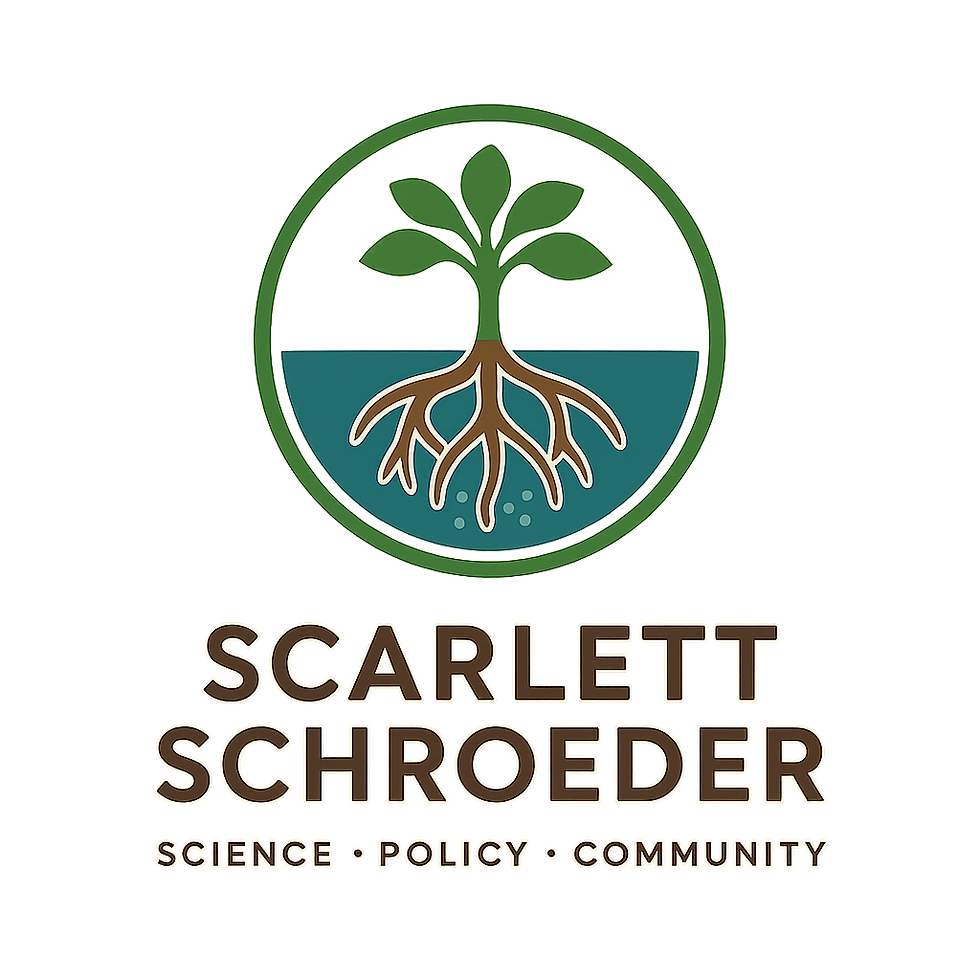top of page




My obsession with the ocean started when I was SCUBA diving in Florida and truly saw the ocean for the first time. As soon as I went under, the world around me changed. An innumerable amount of fish and plant species popped up. Every color imaginable was spread across the ocean floor like a canvas painted by Jackson Pollock. I felt as if I was suspended in animation, with a highway of life moving all around me. I had traveled to another universe. From that day on, I knew I wanted to spend the rest of my life in the ocean.
I began taking actions to dedicate my life to pursuing marine conservation, restoration, and preservation. Since then, I have worked as a professional relationship builder specializing in connecting natural resource management science, policy, and community engagement on the west coast of the United States. I built connections by liaising with industry, government, and nonprofit organizations to strengthen, mend, and build relationships with key stakeholder communities within the marine realm. A critical part of my role involved bridging the gaps between science and policy, ensuring that stakeholders had a comprehensive understanding of the scientific and policy aspects required to make informed decisions.
My personal passion and interests revolve around blue carbon ecosystems. These coastal wetlands are significantly more effective at sequestering and storing atmospheric carbon compared to their terrestrial counterparts. I had the pleasure of working on a project analyzing international, national, and California coastal policies to understand how they could be amended to be more inclusive and protective of these ecosystems. In 2024, I was invited to join Restore America’s Estuaries Blue Carbon National Working Group, where I attended an in-person meeting in Washington D.C. with the goal to advance connections between existing science and policy. It is critical that the most up-to-date research is utilized to inform and shape our country's policies. Nature based solutions exist and the blue economy can support the mitigation of climate change through coastal carbon sequestration and storage projects.
I am extremely grateful for the opportunities and individuals, both at Strategic Earth Consulting and Coastal Quest, that contributed to shaping my understanding of natural resource management, blue carbon. and consulting work. You are wonderful teachers, mentors, and friends. I sincerely look forward to collaborating with you in the future.
About Scarlett
bottom of page